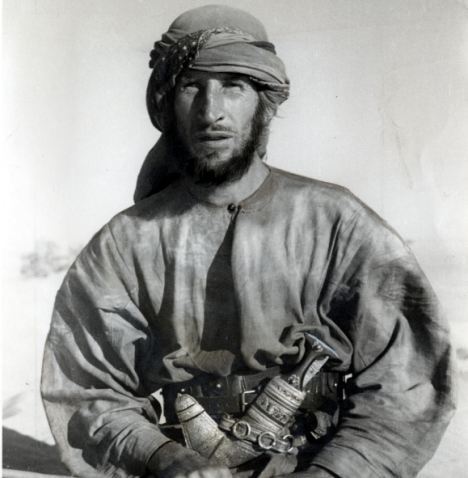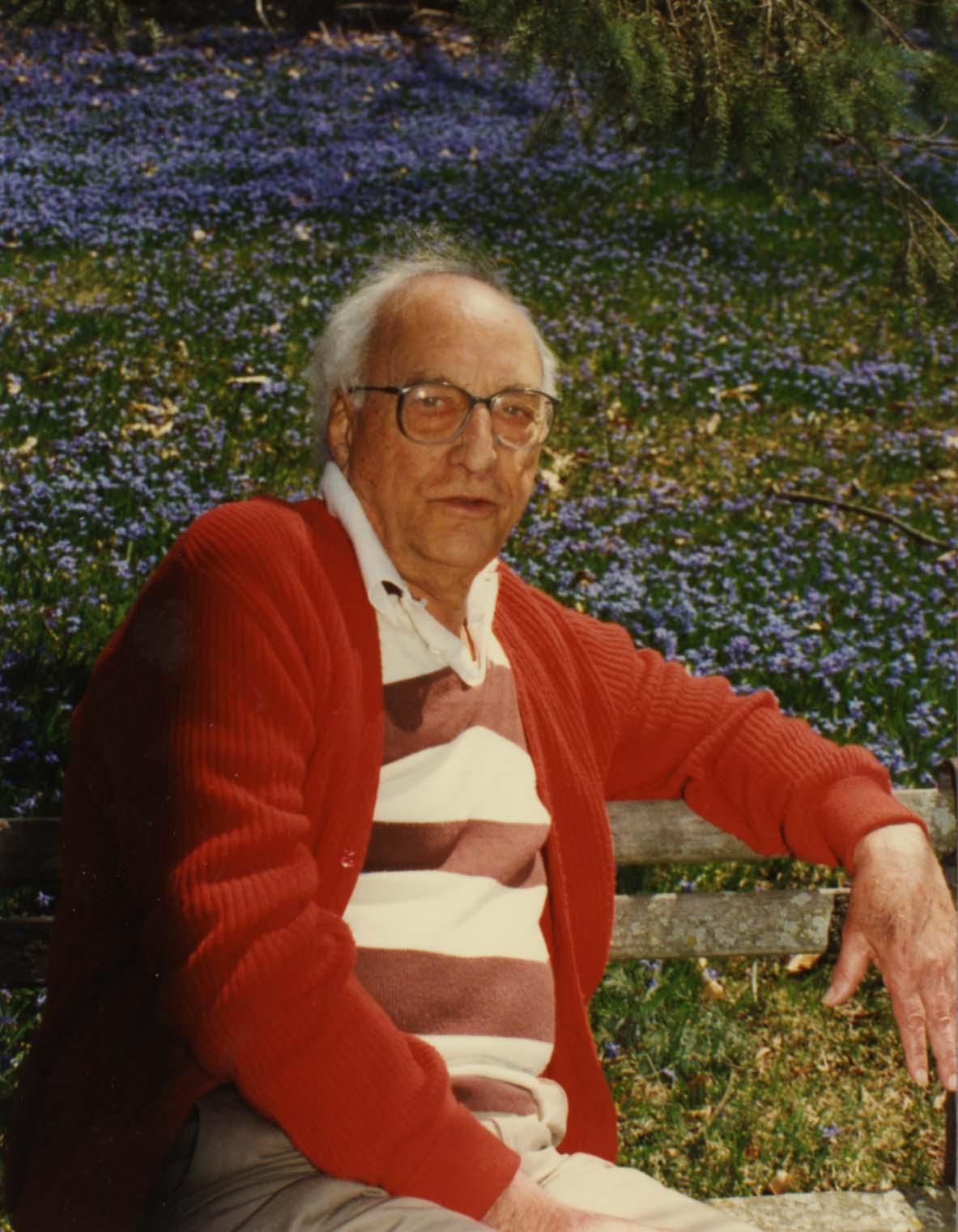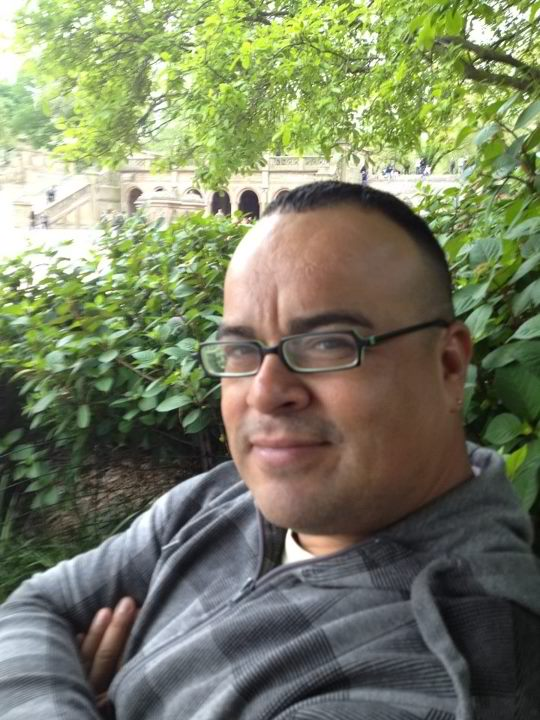 |
| Wilfred Thesiger [dogwoodfamily] |
from Wilfred Thesiger's Across the Empty Quarter:
Later Musallim and al Auf argued how far it was from Mughshin to Bai, where Tamtaim and the others were to wait for us. I asked al Auf if he had ever ridden from the Wadi al Amairi to Bai. He answered, 'Yes, six years ago.'
'How many days did it take?'
'I will tell you. We watered at al Ghaba in the Amairi. There were four of us, myself, Salim, Janazil of the Awamir, and Alaiwi of the Afar; it was in the middle of summer. We had been to Ibri to settle the feud between the Rashid and the Mahamid, started by the killing of Fahad's son.'
Musallim interrupted, 'That must have been before the Riqaishi was Governor of Ibri. I had been there myself the year before. Sahail was with me and we went there from . . .'
But al Auf went on, 'I was riding the three-year-old I had bought from bin Duailan.'
'The one the Manahil raided from the Yam?' Bin Kabina asked.
'Yes. I exchanged it later for the yellow six-year-old I got from bin Ham. Janazil rode a Batina camel. Do you remember her? She was the daughter of the famous grey which belonged to Harahaish of the Wahiba.'
Mabkhaut said, 'Yes, I saw her last year when he was in Salala, a tall animal; she was old when I saw her, past her prime but even then a real beauty.'
Al Auf went on, 'We spent the night with Rai of the Afar.'
Bin Kabina chimed in, 'I met him last year when he came to Habarut; he carried a riflt, "a father of ten shots", which he had taken from the Mahra he had killed in the Ghudun. Bin Mautlauq offered him the grey yearling, the daughter of Fahra, and fifty riyals for this rifle, but he refused.'
Al Auf continued, 'Rai killed a goat for our dinner and told us . . .', but I interrupted: 'Yes, but how many days did it take you to get to Bai?' He looked at me in surprise and said, 'Am I not telling you?'







